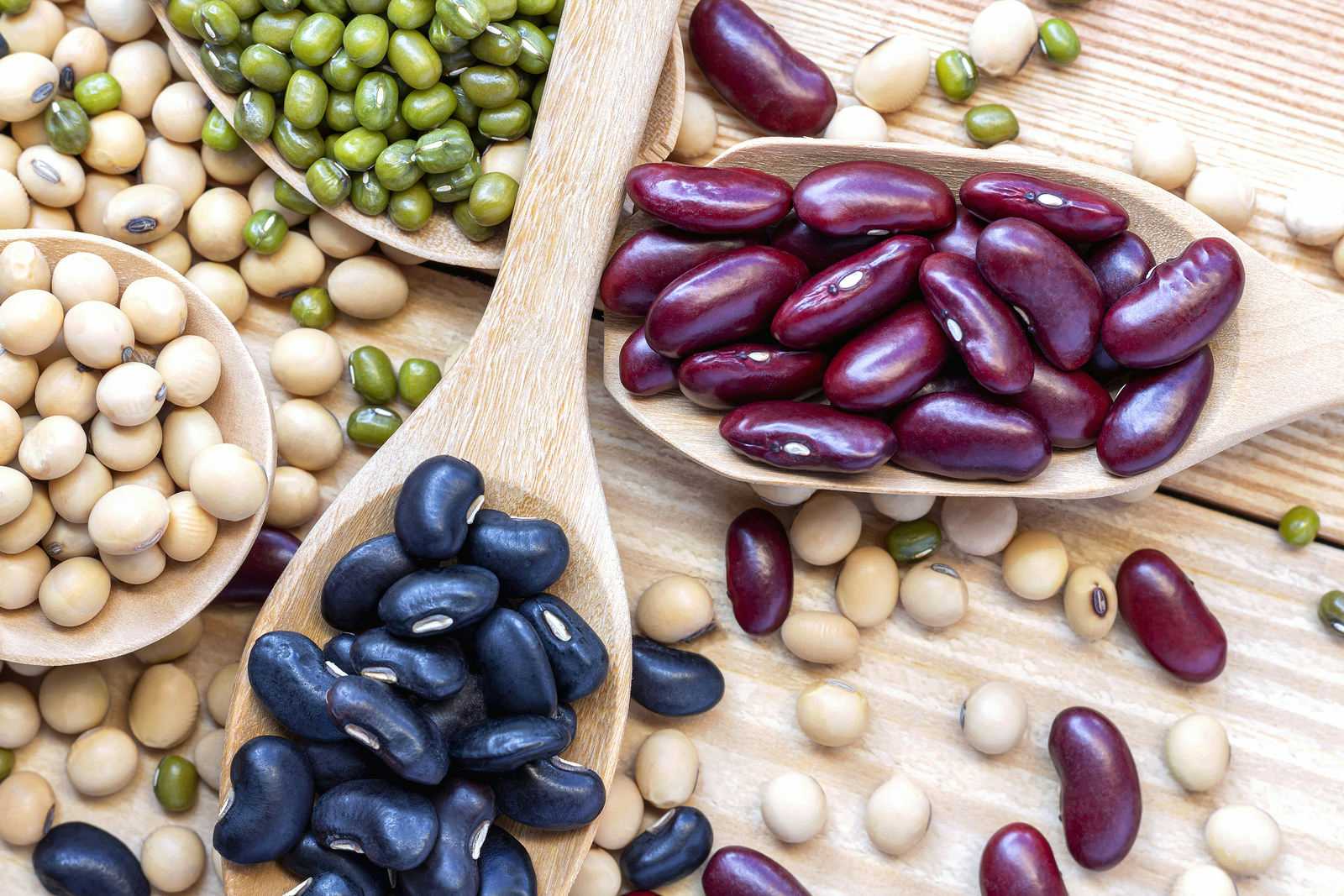
We all get fat, carbohydrate and protein from our food. Those are the macronutrients scientists use to analyze diets. You’ve no doubt been observing the battles about low-fat vs low-carb diets. But what about protein? How important is the kind of protein we consume when it comes to overall health? Specifically, are there advantages to eating more plant protein? We look at two studies that say yes.
Relying on Plant Protein Reduces Risk of Dementia Death
A new study shows that older women benefit from following a diet relying heavily on plant protein (Journal of the American Heart Association, March 2021). The researchers analyzed data from the Women’s Health Initiative, which recruited more than 100,000 volunteers between 50 and 79 during the mid 1990s. These women filled out detailed questionnaires about their diets, including frequency of eggs, dairy products, red meat, poultry and fish as well as plant proteins such as legumes, nuts and tofu.
During the two decades the study lasted, 25,976 women died. Women who reported eating more plant protein were 9 percent less likely to die than those who ate the least. Their risk of cardiovascular death was 12 percent lower and they had a 21 percent drop in their risk for death due to dementia. Those who ate the most processed red meat were 20 percent more likely to die from dementia-related causes.
A National Study Looked at Animal vs Plant Protein:
A study published in JAMA Internal Medicine (online July 13, 2020) tracked over 400,000 men and women for 16 years. All of these individuals participated in the US National Institutes of Health–AARP Diet and Health Study from 1995 to 2011. They filled out detailed food frequency questionnaires at the beginning of the study. Then the researchers watched to see who died and why.
A Small but Significant Advantage:
In short, the more plant protein the volunteers consumed relative to animal sources, the longer they lived. The differences were small overall but statistically significant. After adjustment, people eating the most protein from plants were 5 percent less likely to die during the study. This is a relative risk reduction. The absolute risk reduction was 0.36 percent for men and 0.33 percent for women, for every additional standard deviation of plant consumption.
In addition to reduced overall mortality, plant protein consumption was associated with fewer deaths from cardiovascular disease and stroke. The scientists calculate that substituting plant protein for 3 percent of energy from eggs or red meat could reduce overall mortality by a bit more than 10 percent.
This is not the first study to demonstrate advantages from plant protein. Last year, Japanese researchers published the findings of a study showing that people eating more plants had fewer heart attacks and less cancer.
Where Do You Get Plant Protein?
If you are wondering what to put on your plate to get these benefits, you might start by eating more beans. Black or white beans, kidney beans or chickpeas are all good. So are lentils and peas. Whole grains add to your plant-based protein quotient, along with grain-like seeds such as quinoa. Do you eat tofu or tempeh? Many people find that these soybean-based foods are a delicious way to provide the protein in your diet. Nuts such as almonds or cashews are another great source. In addition, peanuts, which are not nuts, are a yummy and inexpensive way to get the protein you need.
Citations
- Sun Y et al, "Association of Major Dietary Protein Sources With All‐Cause and Cause‐Specific Mortality: Prospective Cohort Study." Journal of the American Heart Association, March 2021. https://doi.org/10.1161/JAHA.119.015553
- Huang J et al, "Association Between Plant and Animal Protein Intake and Overall and Cause-Specific Mortality." JAMA Internal Medicine, July 13, 2020. doi:10.1001/jamainternmed.2020.2790

